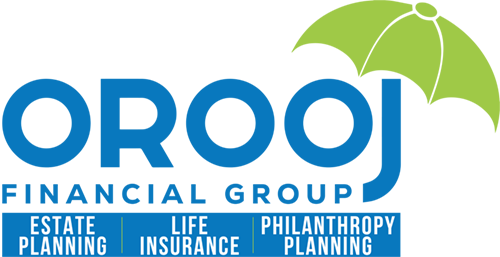In this article, we delve into the critical intersection of estate planning and tax management, illuminating strategies to safeguard your legacy and minimize tax burdens posthumously.
Tax Implications After Death
Even in death, taxes persist, casting a shadow over your estate’s assets. Upon demise, your estate confronts two prominent tax obligations: the final income tax return and probate fees.
Final Income Tax Return
Navigating the complexities of posthumous taxation demands meticulous attention. Your appointed executor shoulders the responsibility of settling outstanding liabilities, including the final income tax return with the Canada Revenue Agency (CRA). Essential to note, this return is obligatory for all deceased individuals, necessitating filing within the year of passing.
During this process, the executor meticulously reports the deceased’s income accrued from the year’s onset until the date of death. Furthermore, any posthumous earnings necessitate reporting on the Trust Income Tax and Information Return (T3), ensuring compliance with regulatory standards.
Probate Fees or Administration Taxes
In the labyrinth of postmortem financial affairs, probate emerges as a pivotal juncture. Should your estate require probate, the associated fees, colloquially termed administration taxes, loom large. Varied by province and contingent on estate size, these fees can impose substantial financial burdens on your beneficiaries.
For instance, in Ontario, the enactment of the Estate Administration Tax Act (EATA) mandates payment of estate administration taxes. Calculated based on the estate’s asset value, these taxes constitute an indispensable component of procuring the certificate of appointment, underscoring the imperative of strategic planning.
Estate and Tax Planning Strategies to Reduce Taxes After Death
Amidst the intricacies of posthumous taxation, proactive planning emerges as a beacon of financial prudence. Leveraging a nuanced understanding of tax laws and estate planning methodologies, Orooj Financial stands poised to guide you through the labyrinthine terrain of tax mitigation.
Under the seasoned stewardship of Zahid Syed, our esteemed financial advisor in Mississauga, you gain access to a wealth of expertise honed over years of navigating the intricacies of estate planning in Canada. From testamentary trusts to intergenerational wealth transfer strategies, our bespoke solutions are tailored to safeguard your legacy while minimizing tax exposure.
Frequently Asked Questions
Embarking on the journey of estate planning and tax management inevitably engenders queries and uncertainties. To address these concerns, we’ve compiled a comprehensive FAQ section, elucidating common queries and dispelling misconceptions.
How to Start Estate Planning
Estate planning is a multifaceted endeavor requiring meticulous attention to detail and a proactive approach. To embark on this transformative journey, reach out to Orooj Financial today. Under the seasoned tutelage of Zahid Syed, our team of experts will craft a bespoke roadmap tailored to your unique financial aspirations and legacy preservation goals.
Conclusion
In the realm of estate planning and tax management, strategic foresight is paramount. By partnering with Orooj Financial, you gain access to a wealth of expertise and personalized guidance, empowering you to navigate the complexities of posthumous taxation with confidence and ease. Secure your legacy and mitigate tax burdens—contact us today to embark on the path to financial tranquility.




